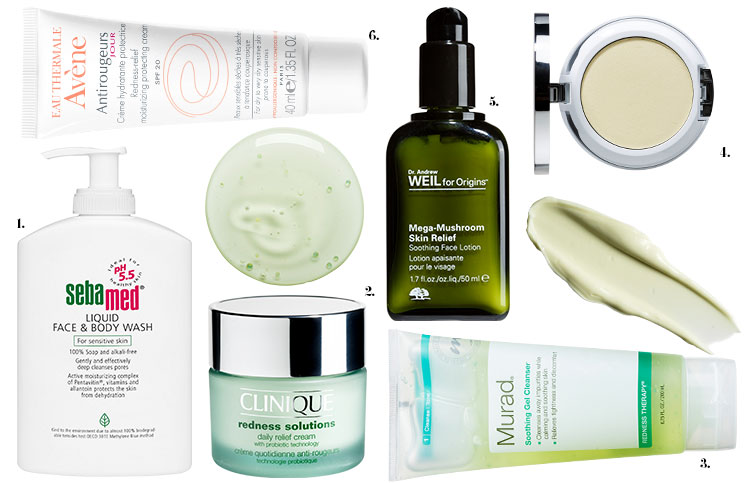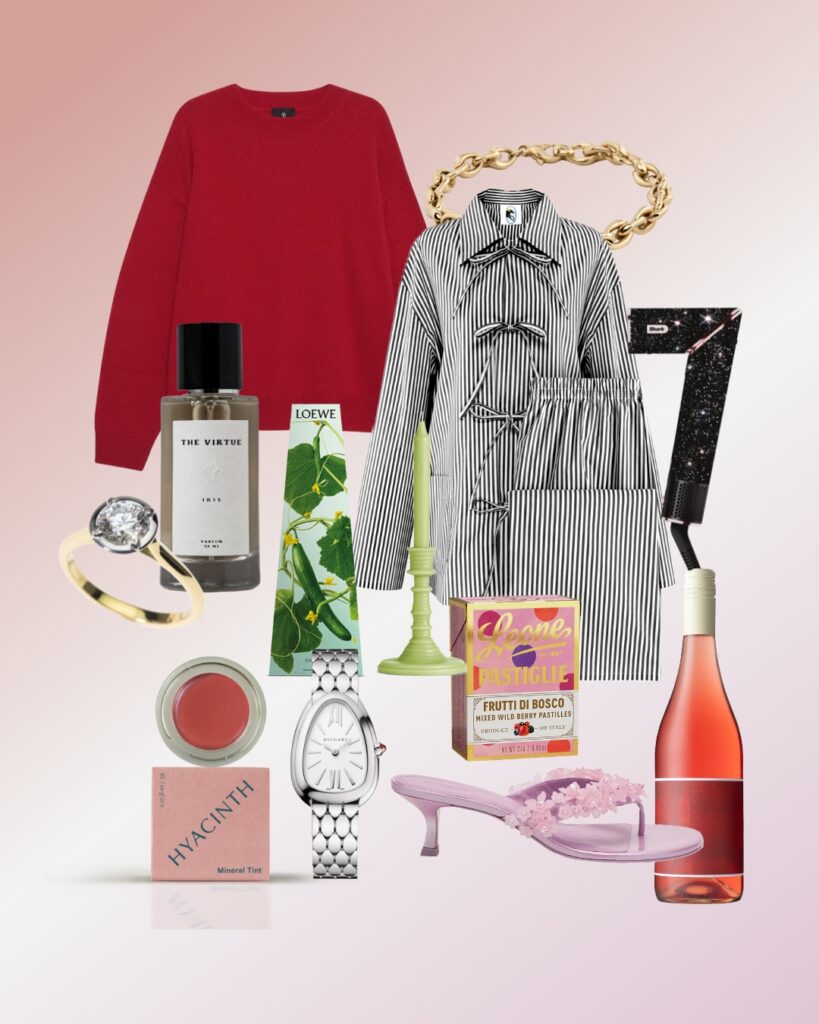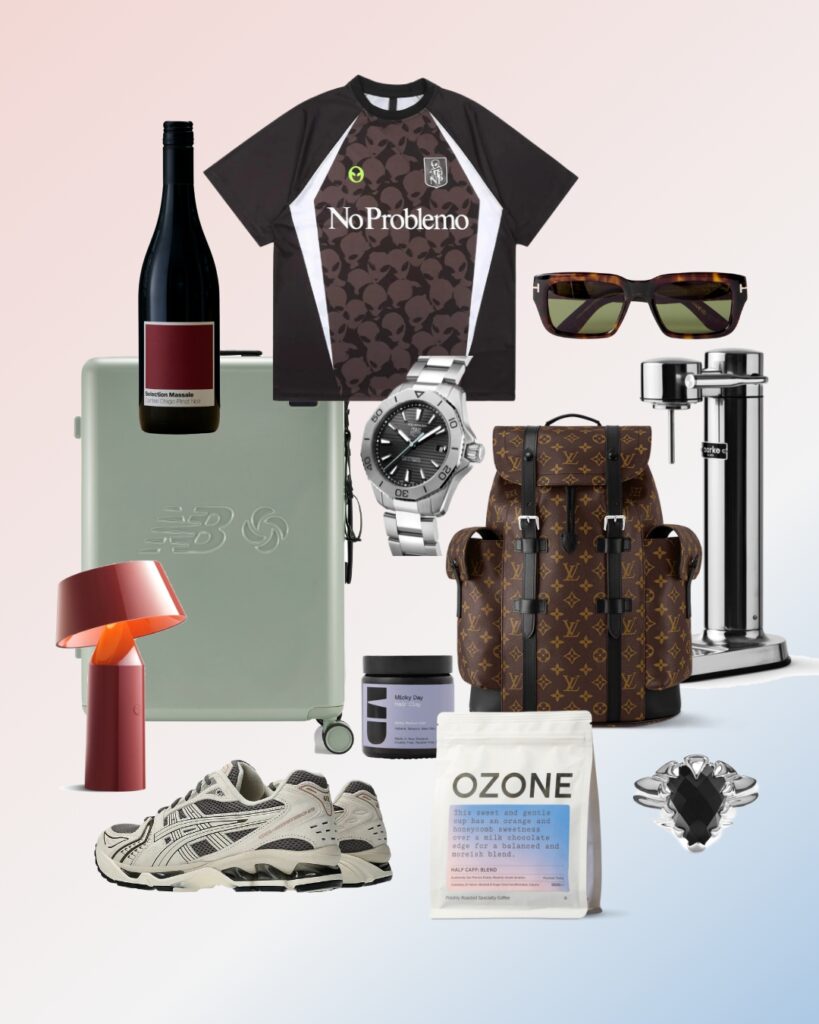
Those affected by rosacea know the condition well. To help the rest of us learn more, Sarah Simpson caught up with Dr Kevin McKerrow of the Skin Specialist Centre to ask his expert advice on the topic.
What is rosacea?
Essentially, it’s a common skin condition that affects the face and causes redness and pimple-like papules to form on the skin. It’s most common in women, but also targets fair skinned people. “Symptoms can include frequent redness of the face (flushing), small red spider veins under the skin (telangiectasia), a swollen nose (rhinophyma), thick skin (usually on the forehead, chin and cheeks) and occasionally red, dry, itchy eyes and on some occasions, vision problems,” explains McKerrow.
What are the triggers for Rosacea?
Anything that makes you hot or flushed:
– Emotional stress
– Exposure to sunlight
– Sudden changes in temperature
– Hot drinks
– Saunas
– Hot showers or baths
– Strenuous exercise
– Spicy foods
– Alcohol
– Some skincare products
– Certain medications
What causes rosacea?
The exact cause of rosacea is not known, but McKerrow highlights several theories that exist around this condition. “Genetics are thought to play a part, as well as environmental, vascular and inflammatory factors and finally chronic sunlight exposure.”

Is there a cure for rosacea?
There is no cure for rosacea, but the symptoms can be significantly reduced with appropriate dermatological therapy and targeted skincare.
What is the best way to treat rosacea?
In many cases antibiotics will be prescribed that work to reduce inflammation over the course of 12 weeks. “The duration and dose will depend upon the severity of the condition and it’s not uncommon for further courses to be needed from time to time due to the fact that these prescriptions do not cure the disorder, but instead make it more manageable,” says McKerrow. It’s also important to choose skincare that is specifically designed to help soothe inflamed skin and not make matters worse.
Are there ways to lessen the severity of a flare up?
Adopting a skincare regimen that is designed to reduce redness is a great place to start. The ranges below are made with the most gentle, calming and soothing ingredients to help lessen the redness that rosacea causes. With a condition like this, it would also be worth visiting a dermatologist to ensure you are on the right track.










